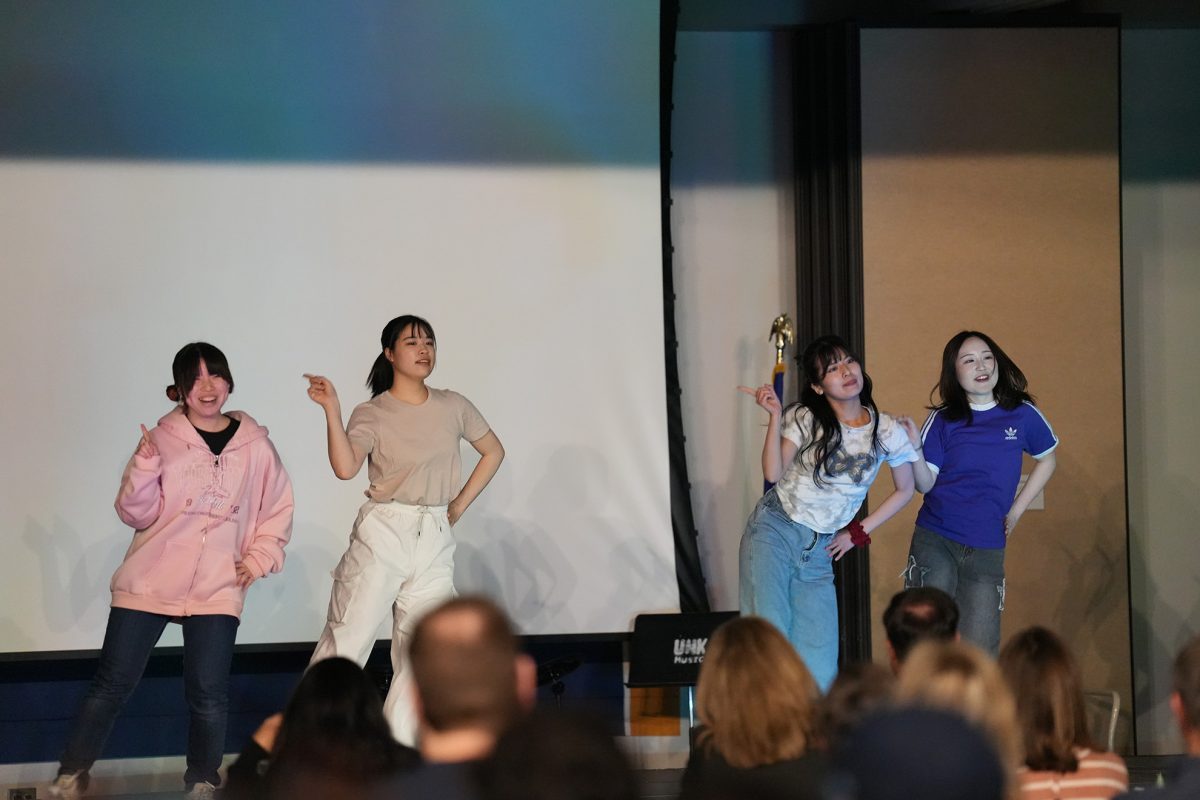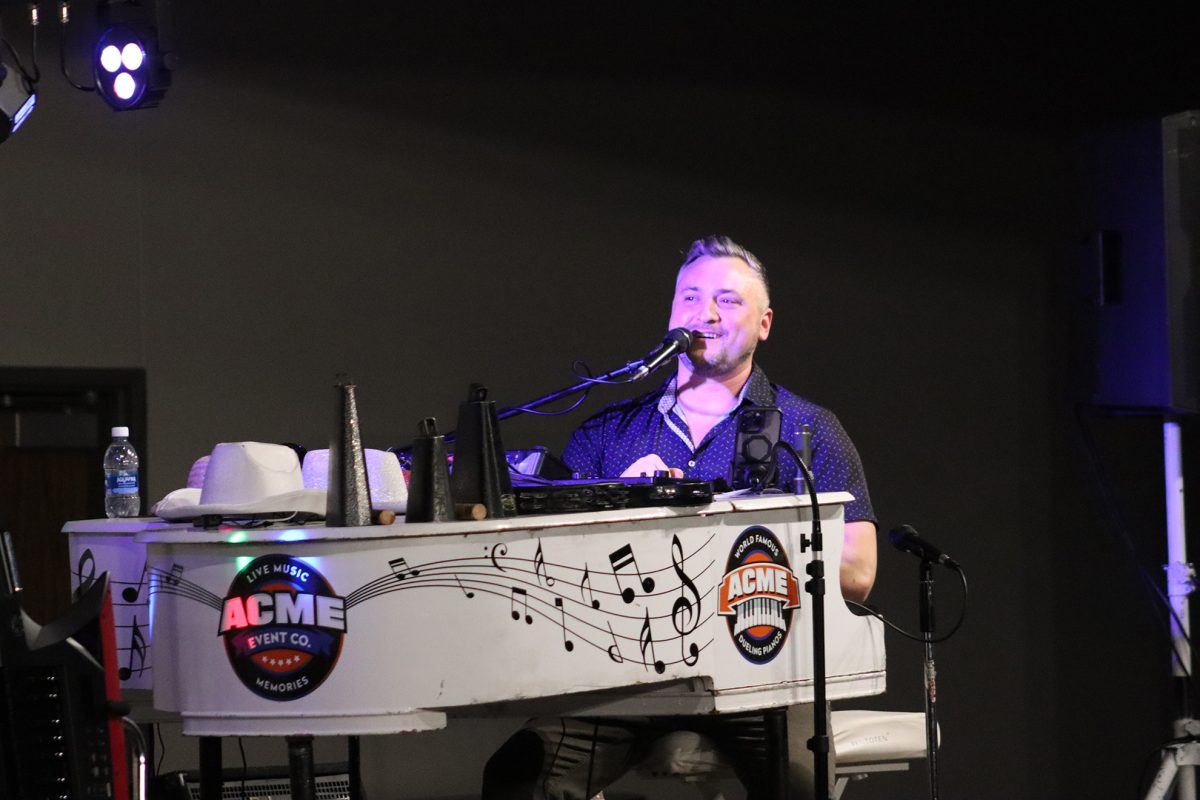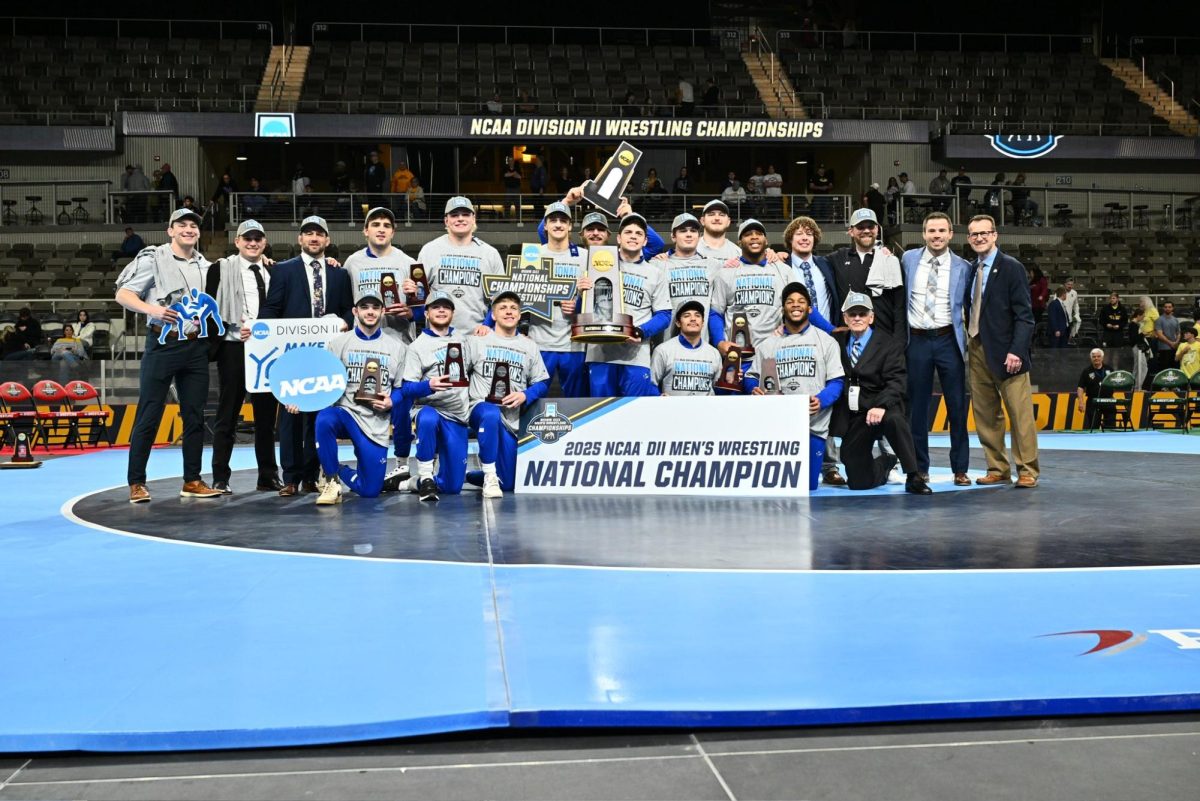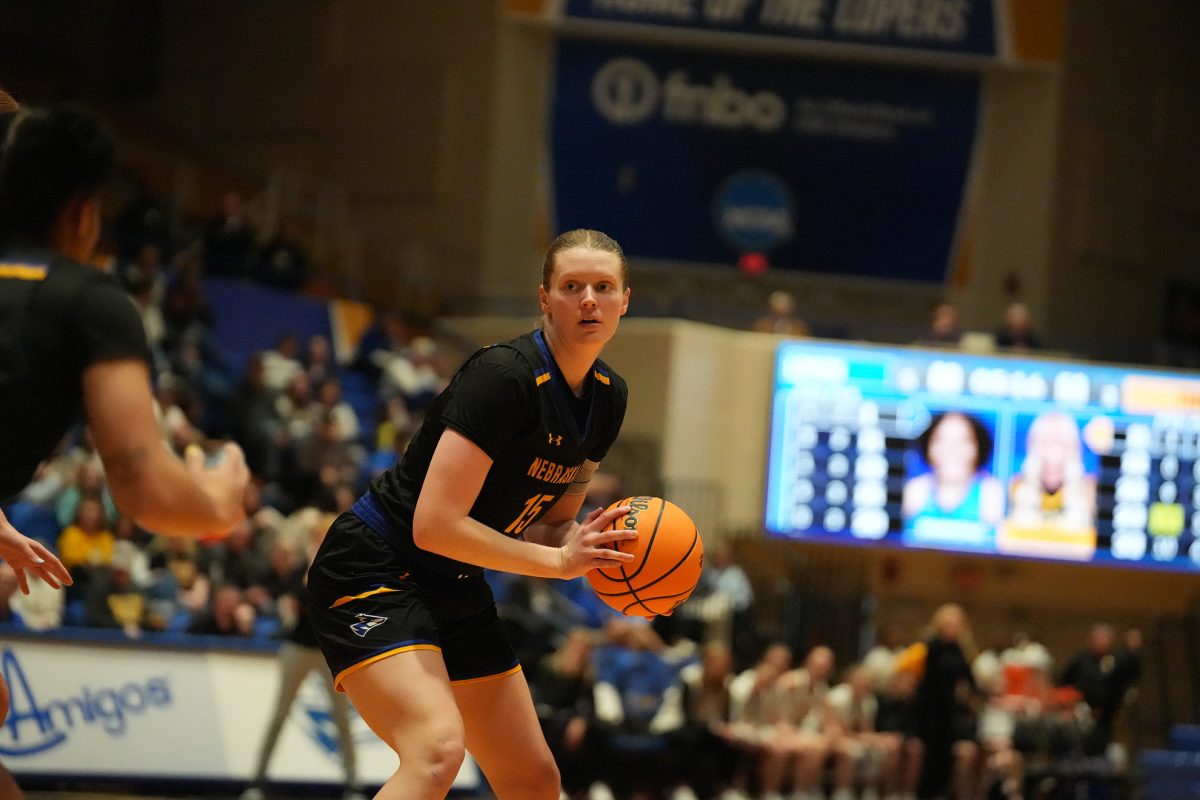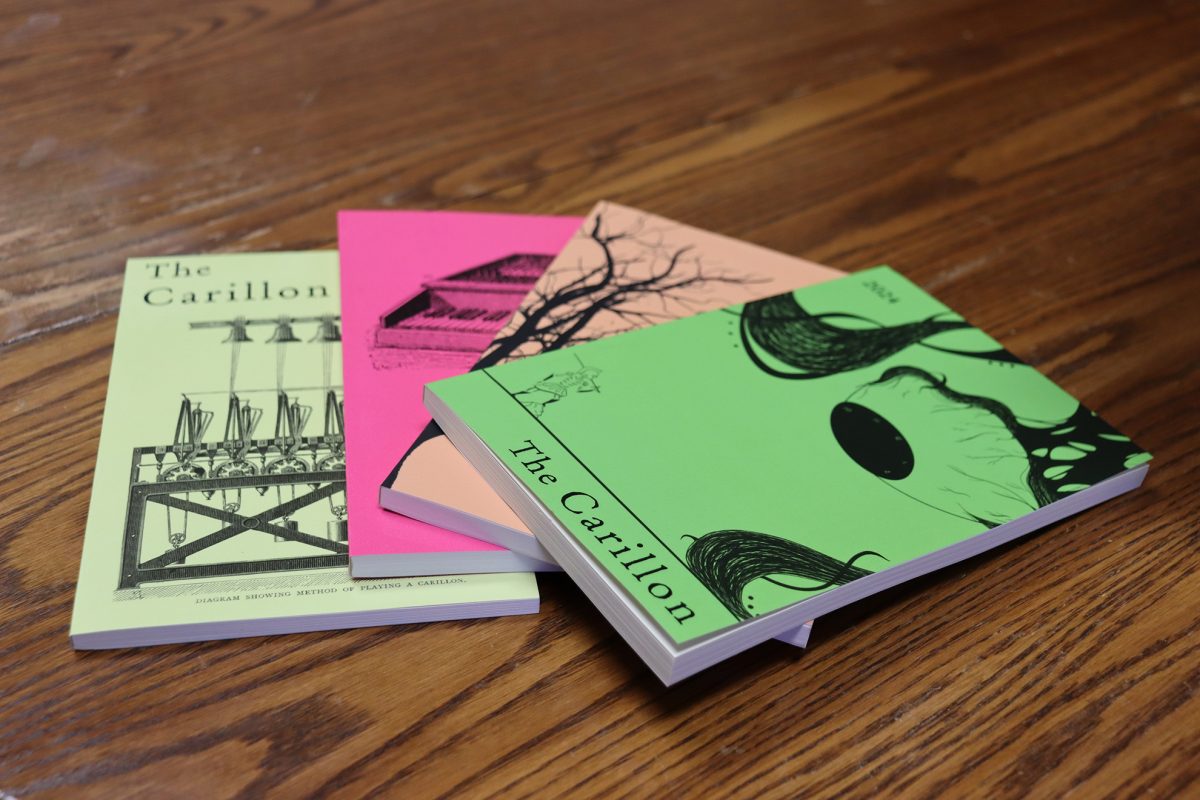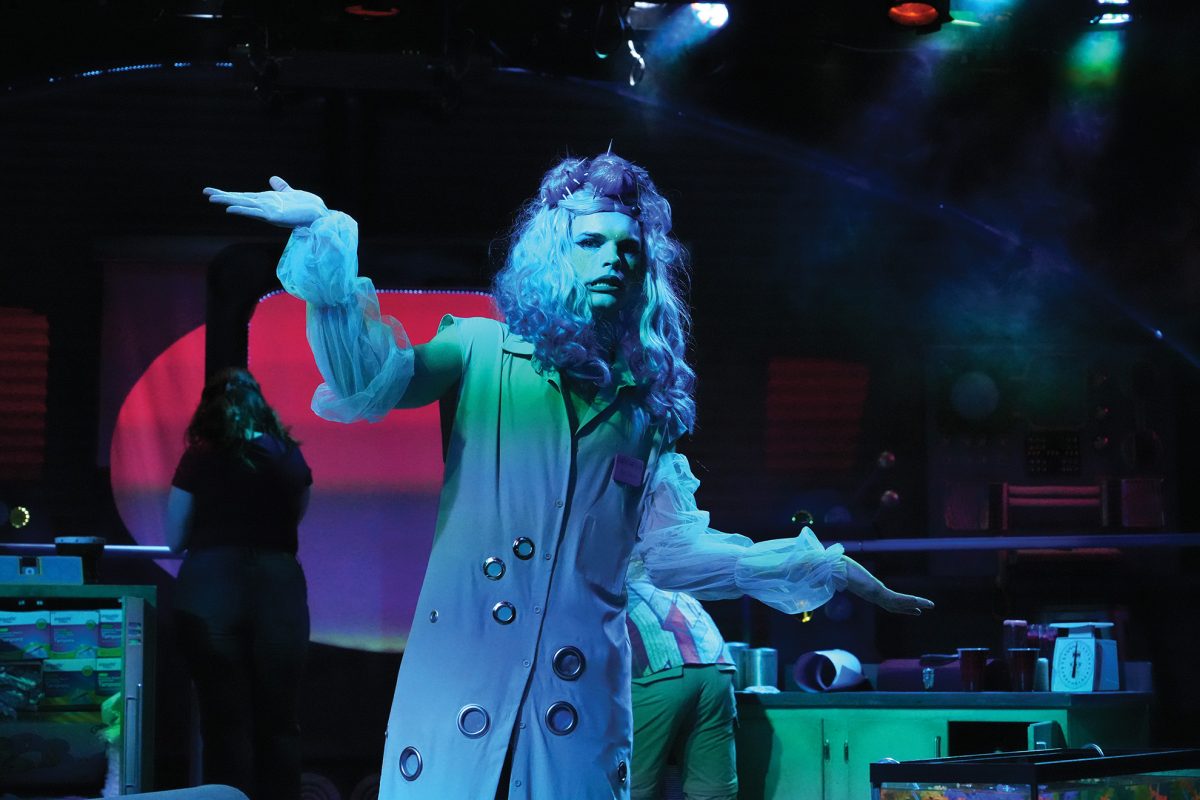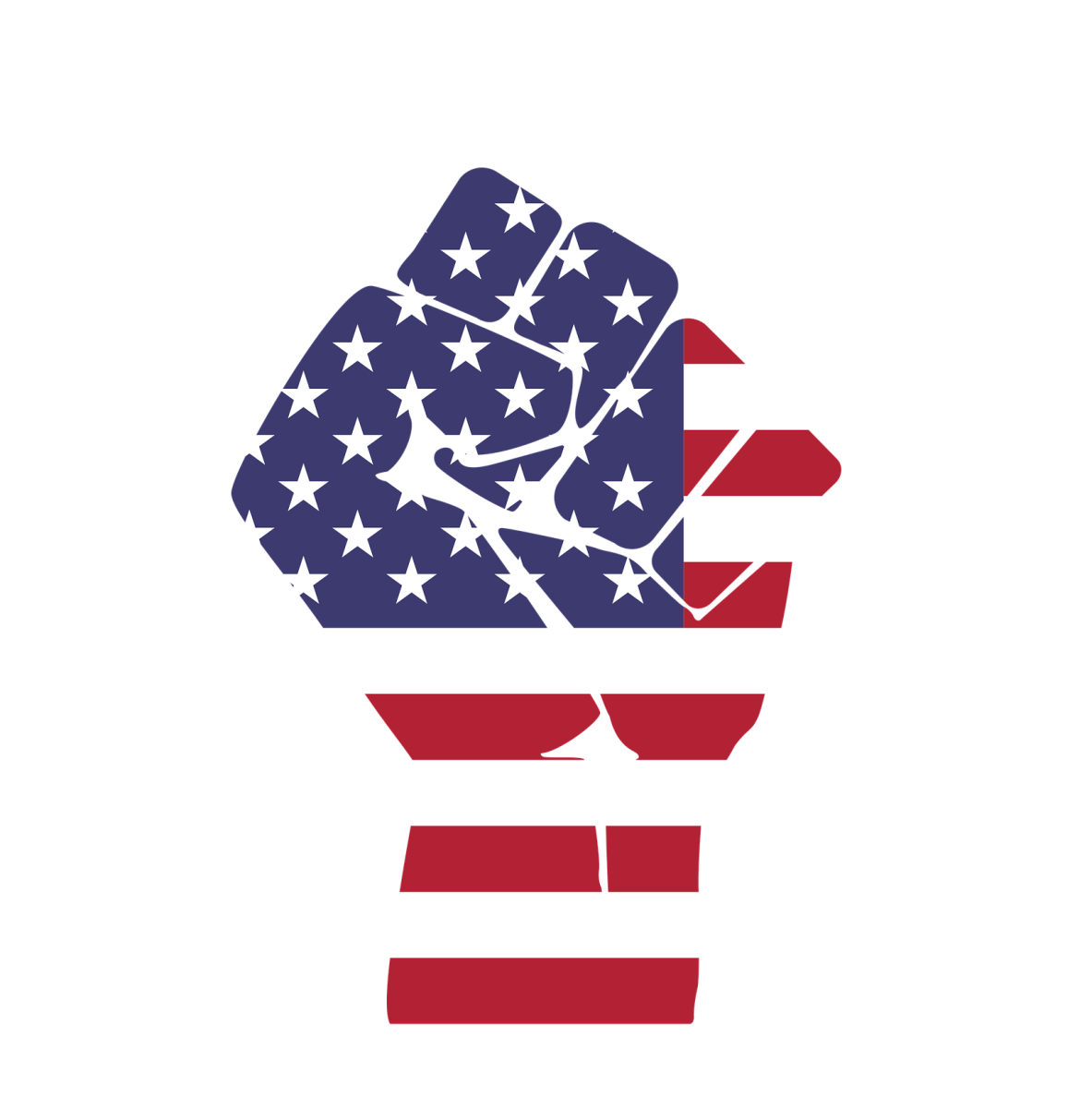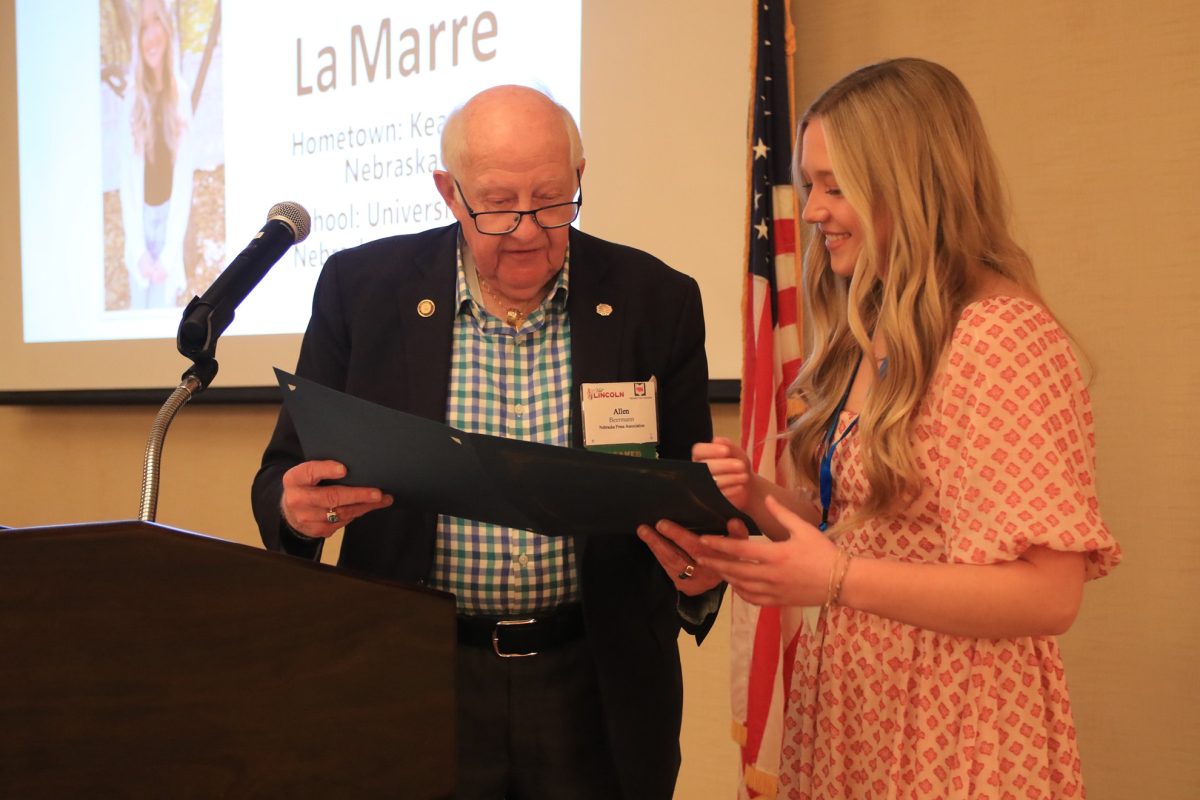The Superbowl halftime show is a great opportunity for musicians to show off their talent to one of the largest live audiences in the United States. For Kendrick Lamar, however, this was much more.
It might not have seemed like it, but Lamar wanted to tell a story while entertaining the stadium. It is a story about the black struggle. It is especially potent during Black History Month.
From the way the dancers moved around the stage to the stage itself, there are several things that cohesively send a message to the audience.
Samuel L. Jackson was featured in the show, representing Uncle Sam, who criticized Lamar’s performance throughout the show. He showcases the way America tries to police black culture.
For many black Americans, this is blatantly obvious.
At one point, Lamar stands between two sections of an American flag made up of dancers, which comes together and then becomes scattered. The dancers also bent over revealing their backs to portray the stripes of the flag.
This clearly is a nod to the often-ignored fact that America was built on the backs of black people.
After being policed one more time by Uncle Sam, Lamar tries to transition into the song “Not Like Us.” Some ladies behind him, most likely representing his conscience, try to stop him. Lamar replies by saying “Forty acres and a mule, this is bigger than the music.”
For those unfamiliar, just after the end of the Civil War, freed slaves were promised forty acres and a mule to farm the land and create a better life for themselves. This never happened, and the promise remains broken.
A few songs later, Lamar finally gets to the song “TV Off,” and ends the show.
The whole stage is set up like a Playstation controller, with different-shaped buttons lighting up at various points of the show. The hidden meaning of the show is that Lamar is playing the “Great American Game.” He’s not playing it right, though, and is constantly criticized by Uncle Sam.
By the time he gets to “Not Like Us,” Lamar has had enough and decides to play the game his own way despite the criticisms. Black people were never meant to win the game, so the message, then, is that they have to play it their own way.
It is such a powerful and meaningful message to a divided America today.

